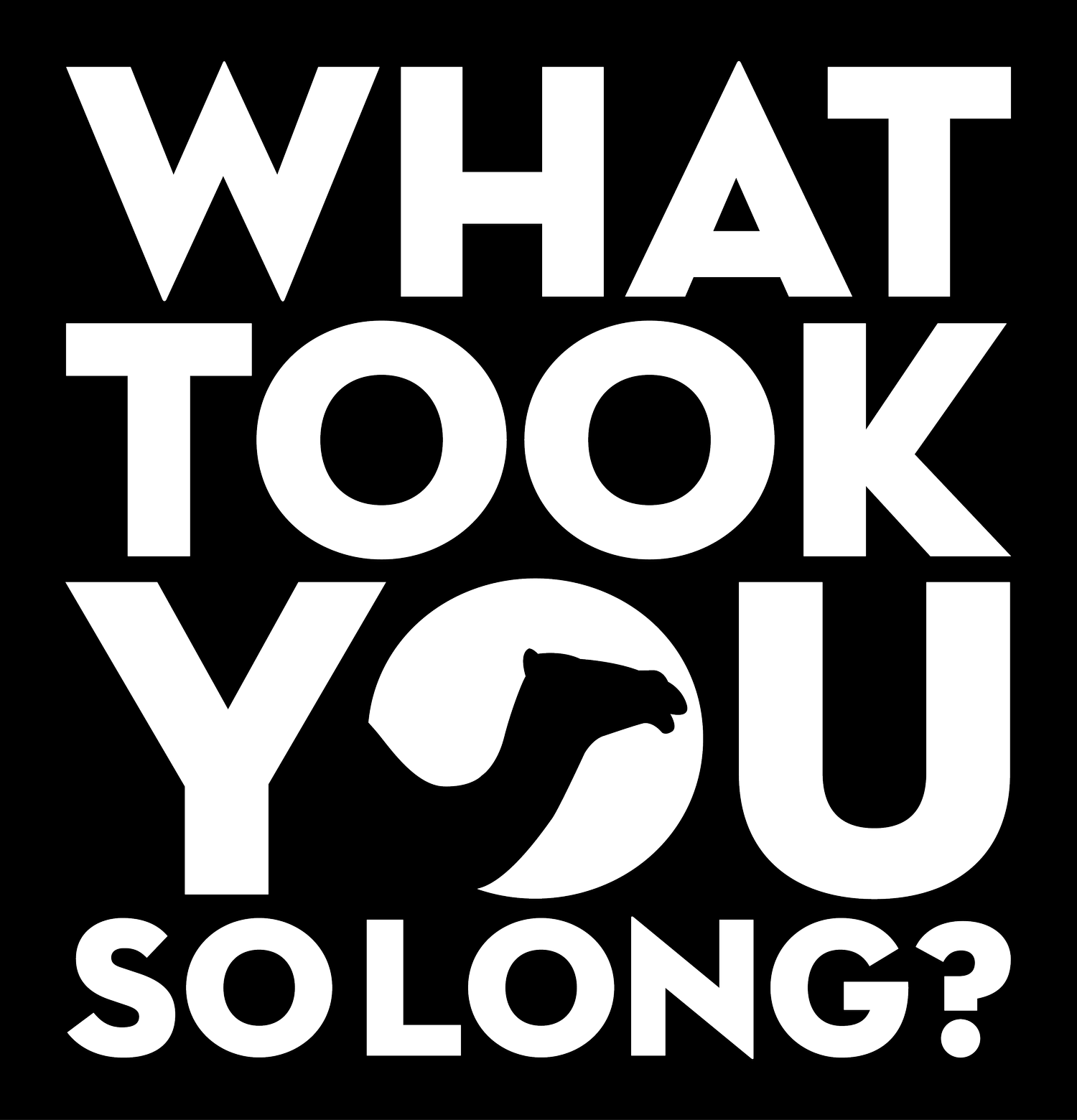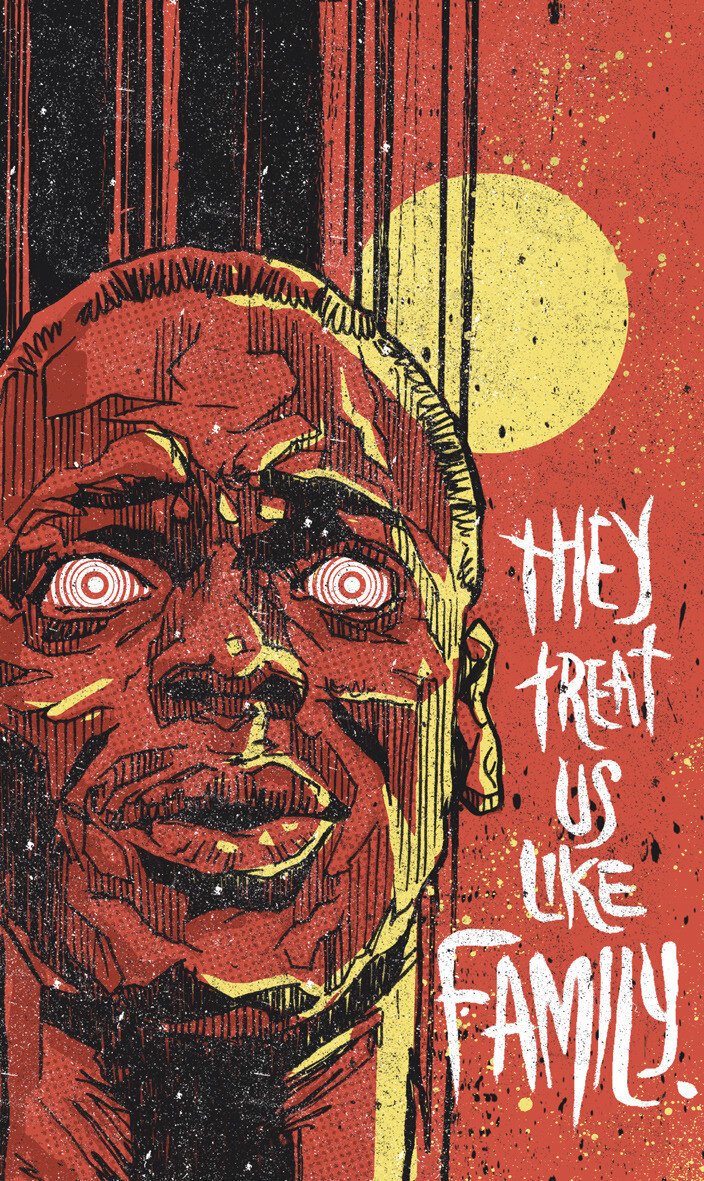AFRIPEDIA: NO EXCUSE FOR LACK OF AFRICAN TALENT
Photograph by Dana Scruggs, New York
On Wednesday, we sat down with Afripedia co-founder, Teddy Goitom, to discuss the launch of the Afripedia platform; a curated internet database connecting African creatives with each other and clients.
In his own words, Teddy describes Afripedia as a journey that started 10 years ago; co-founders Teddy and Senay (along with significant input from filmmaker Benjamin Taft) “started out by doing short films on creatives, and the reason we did that is because we felt there was a lack of stories that represented ourselves or different perspectives.” He tells us that a lot of the time, positive stories on Africa are mainly about music, then nothing more than that. As a result, he felt there was a need to show different types of artists.
“HIGHLIGHTING A FEW CREATIVES FROM ONLY A FEW COUNTRIES IS NOT ENOUGH TO UNDERSTAND THE VAST NUMBER OF CREATIVES THAT ACTUALLY EXIST OUT THERE”
Teddy says that highlighting a few creatives from only a few countries is not enough to understand the vast number of creatives that actually exist out there. “So, we started off doing this journey to get more talents; we started initially thinking about doing an individual database in 2015 as just an idea. Then, after we released our five-episode series in 2015, we were invited to attend a design conference in Barcelona.”
It was there that Teddy and Senay met a connection from the New York Museum, and were invited to be part of an incubated program called New Inc; a cultural incubator dedicated to supporting innovation, collaboration, and entrepreneurship across art, design, and technology. “Senay and I packed our bags and went to New York to be part of New Inc, as well as to have some mentorship to help develop our ideas. Between 2015 and 2017, this was the period where we were really crunching the idea of how to create Afripedia; the why and who?”
Photograph by Jamal Nxedlana, Johannesburg
During this period, Teddy and Senay not only travelled to New York, but also to countries like South Africa and Senegal to figure out Afripedia’s purpose. “Our first idea was to create something similar to Wikipedia where we would write bios on creatives, but we realised creatives can put out their own stories. We want to connect African diaspora as well as the African continent and make it simpler for us to find talent and connect. We used to create lists of different creatives when people would ask for contacts, but it took too much time. Now we have a search engine style platform, where the user can filter through countries and professions as a starting point.”
"WE DON’T WANT THIS TO BE A SHORT-TERM PROJECT THAT WE JUST START AND END."
When asked what the biggest challenge for Afripedia has been so far, Teddy says that the important thing is “to have patience and hold onto that patience.” As well as this, finding financing took a lot of time for Afripedia and still is a challenge; as well as figuring out a business model and thinking of ways to make the platform sustainable. “We are going to test it out next year by doing different types of activities to see how this platform can survive, because we just don’t want it to be a short-term project that we just start and end.”
Photograph by Selam Fessahaye, Stockholm
While there are different types of platforms highlighting artists in different ways, Teddy feels that doing something of this context requires time and money, which is probably why internet platforms with similar purposes to Afripedia haven’t existed before. “If there's not really a model of how to make it sustainable, I think people get scared just building a platform like this… sometimes it takes someone to just do it.”
"IT IS IMPORTANT FOR US TO FOCUS ON THE ARTISTS’ WORK … AND THAT’S WHY WE DO IT; TO LIFT OTHERS UP.”
How does he think Afripedia has been received since its launch just over two weeks ago? “We’ve received a lot of love and appreciation from people we don’t know just through calling and emailing. I think people are excited that there’s finally a place to find people who look like themselves and are doing amazing things.” This is something that Teddy believes has been lacking for a long time.
As for how the platform will rise in popularity, Teddy says that it is better for Afripedia to grow organically. “It is more important for us to focus on the artists’ work, rather than ourselves, and that’s why we do it; to lift others up. This is crucial for us.”
Artwork by Sindiso Nyoni, Johannesburg
In the long-term, Teddy hopes that Afripedia will create jobs. “I would like to see people recommend each other for different types of jobs and clients who are part of projects to access the database to find talents. I’ve been working in this industry for twenty years, and I’m getting so tired of there being no representation on projects because of the excuse that ‘there aren’t any diverse creatives’.”
“I’M GETTING SO TIRED OF THERE BEING NO REPRESENTATION ON PROJECTS BECAUSE OF THE EXCUSE THAT ‘THERE AREN’T ANY DIVERSE CREATIVES’.”
Teddy comments that, over the next few years, he would like to see many different talents on Afripedia, so that there are no excuses about a lack of diverse talent. He hopes Afripedia is instrumental in filling this gap by creating not only a digital space, but a physical space and a community. Teddy noticed this already a few weeks ago at Afripedia’s first event, Afripedia Talks, “where we invited people of African descent here in Sweden to talk about their experiences of building their own platforms. We invited the audience to be part of the discussion, so we had empty seats where they could sit down and be part of this discussion and talk about their own experiences. I think that was a very eye-opening moment for me to see that and share some experiences, which is something we want to develop more.”
“TO HAVE PEOPLE FIND TALENTS WHO LOOK LIKE THEM IN SWEDEN AND AROUND THE WORLD – THAT’S A CONTRIBUTION THAT I AM PROUD OF.”
Photograph by Sarah Waiswa, Nairobi
Personally, Teddy says that Afripedia is highly important to him. “As a kid, my role models were not people from the US; there were a lot of people around my network who I looked up to. I’ve been working since the age of 15 promoting parties etc, so I always gathered around creatives. I had people perform at my parties and exhibitions and it became part of my life. Afripedia plays a huge role for me personally because I think that is something I have been lacking. To have people find talents who look like them in Sweden and around the world – that’s a contribution that I am proud of.”
Afripedia Credits:
UI/UX design by Biola Kadiri
Web development by Appsters





